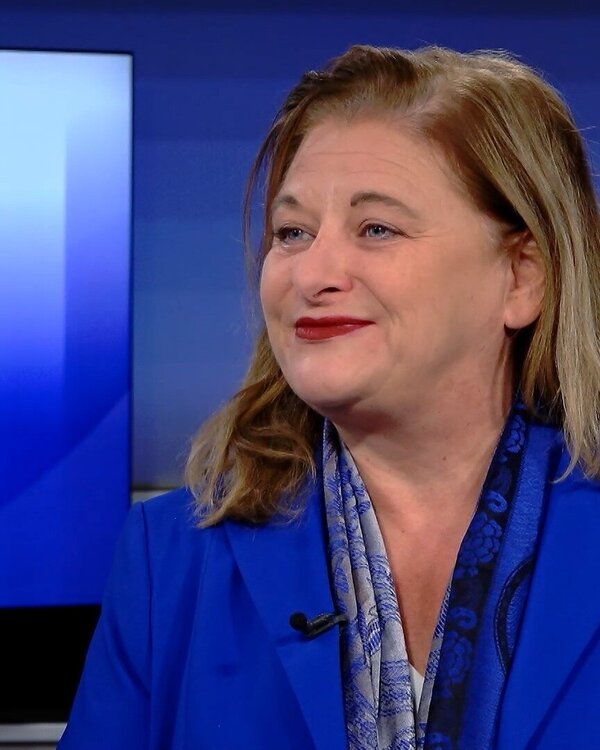Bonds – time to raise the pile
Five percent yield on US government bonds – not seen since 2007. We are capitalising on this attractive level and are overweight in bonds. We remain defensive on the equity side, but are buying more on the Swiss market.

The outbreak of the war in Israel has further intensified geopolitical concerns in October. Stock markets have not received this well and momentum has therefore deteriorated further. We therefore remain slightly underweight in equities globally, as the mix of low risk premiums, poor momentum and geopolitical risks continues to put pressure on equities.
However, we are capitalising on the relatively heavy losses on the Swiss stock market to make acquisitions. With a correction of eleven percent, this was significantly stronger than the MSCI World.
Bonds back in the game
Despite the geopolitical trouble spots, sentiment indicators are in the neutral range on the financial markets. Few changes are expected currently from the central banks, which could lead to an increased focus on the economy. After the US economy saw a strong Q3, this is now expected to subside, especially as consumers there are slowly running out of steam.
Following the renewed rise in bond yields to more than five percent, for example in ten-year US government bonds, we now see higher price potential in global government bonds and are strengthening our preference for TIPS in particular. Real yields (based on inflation expectations) are now clearly positive in both the US and Europe. As a result, we are also overweight in bonds overall and are reducing our cash position.
How do we currently assess the financial markets and how are we positioned?

- Due to various company-specific disappointments, Swiss equities suffered excessively in October (Lonza -26%, Geberit, ABB, Alcon and Sika -9% each, SIG -14%, Roche and Nestle -5% each).
- Since May, Swiss equities have corrected eight percent more than global equities, which is an exceptionally high amount. We now expect a countermovement in this defensive market in the face of weaker economic figures.
- The defensive sector mix (e.g. pharmaceuticals and consumer staples), the high and sharply increased dividend yield (3.5%) and a Relative Strength Index (RSI) of 28 are driving us to now take a relative overweight position. Globally, we remain underweight.

- The real yield on inflation-protected bonds is now very attractive at 2.5% in the US. This is the highest figure since 2006.
- If the situation in the Middle East escalates further, an increase in oil prices can be expected and consequently higher inflation expectations. TIPS would benefit from this.
- We are therefore reducing nominal US government bonds again and buying more US TIPS.

- Since April 2022 we have been overweight in emerging market bonds (50% hard currency and 50% local currency), which have since performed 13% better than global government bonds.
- However, emerging market bonds now appear to be weakening somewhat, affected by a stronger US dollar, stock market corrections and falling purchasing manager indices.
- We are therefore halving our overweight and, in return, reducing our underweight in corporate bonds, as spreads in Europe are now slightly above average again (1.6%) after an increase.
Tactical Asset Allocation in November 2023



